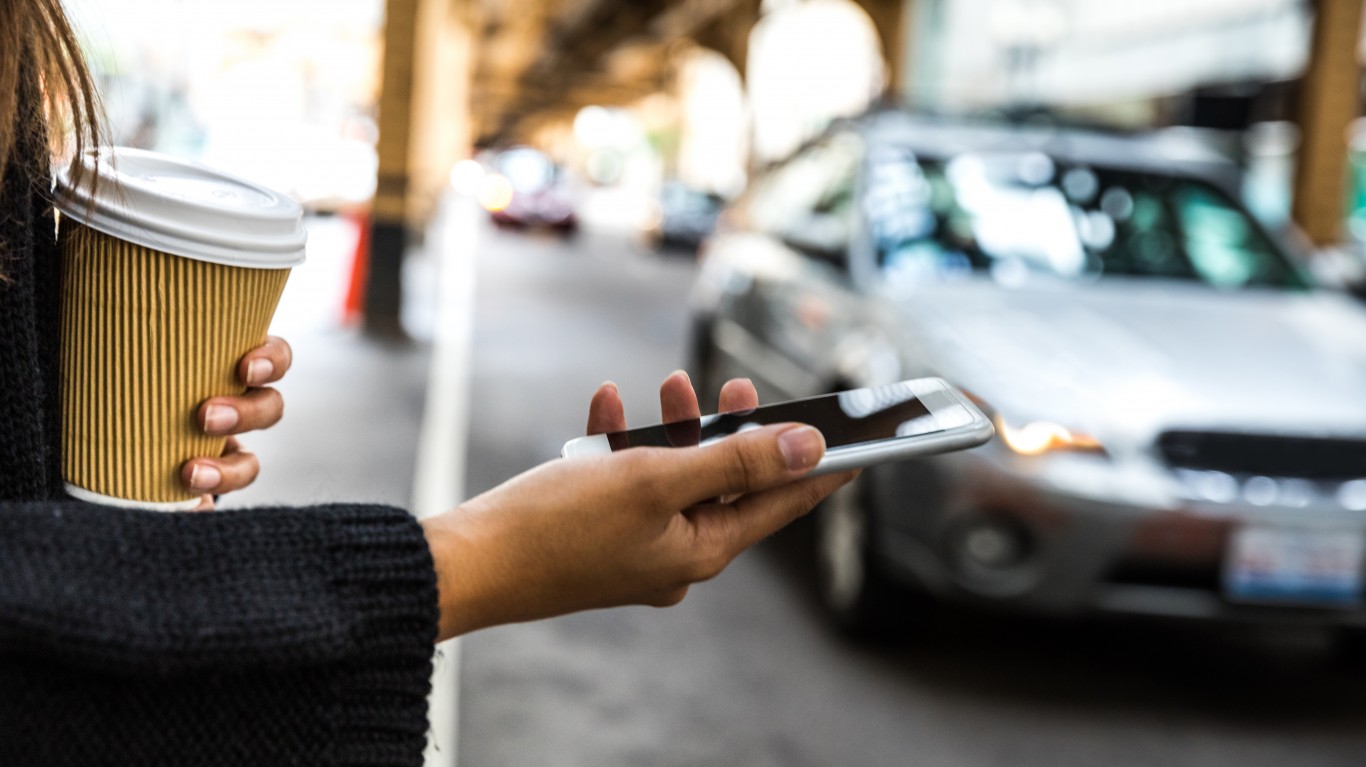
Robocalls have been part of American life for years. As people have moved from landlines to cell phones, robocalls have moved with them. Robocall volume reached almost 46 billion in 2020. This is despite Federal Trade Commission (FTC) rules and regulations that have helped establish the Do Not Call Registry. Research shows the positive effects of these efforts have been modest.
[in-text-ad]
The FTC continues to push to improve its work to drive robocall incidents lower. It has a program with three major tactics:
Issuing hundreds of millions of dollars in enforcement actions against illegal robocallers.
Empowering phone companies to block by default illegal or unwanted calls based on reasonable call analytics before the calls reach consumers.
Allowing consumer options on tools to block calls from any number that doesn’t appear on a customer’s contact list or other “white list.”
Data shows that some cities and states need help much more than others do. A new robocall research report from YouMail shows that overall robocalls increased 15% from January to February to reach 4.6 billion. The city hit hardest was Baton Rouge, where there were 38.9 robocalls per person, an increase of 19% per person from January. That gives Baton Rouge the distinction of the city where people get the most robocalls.
Several other cities had additional records for getting the most robocalls based on other yardsticks. The city with the highest number of robocalls in February was Atlanta at 171.1 million. The state with the most robocalls was Texas at 513.3 million.
YouMail CEO Alex Quilici commented on a recent trend: “Robocallers are basically back in action. As economies continue their reopening journey, it’s not a surprise to see robocalls essentially return to pre-pandemic levels.”
Robocalls are divided into two categories: “scam” and “illegal.” The most frequent type of scam call in February was “scams” at 2.2 billion, followed by “alerts and reminders” at 1.2 billion and “payments and reminders” at 640 million. The most frequent illegal robocalls were “warranty scams” at 339 million, followed by “health-related scams” at 202 million.
To put the huge wave of robocalls in perspective, note that in February there were 159 million calls a day, or 1,911 per second.
Click here to read about America’s worst cities to live in.
Get Ready To Retire (Sponsored)
Start by taking a quick retirement quiz from SmartAsset that will match you with up to 3 financial advisors that serve your area and beyond in 5 minutes, or less.
Each advisor has been vetted by SmartAsset and is held to a fiduciary standard to act in your best interests.
Here’s how it works:
1. Answer SmartAsset advisor match quiz
2. Review your pre-screened matches at your leisure. Check out the advisors’ profiles.
3. Speak with advisors at no cost to you. Have an introductory call on the phone or introduction in person and choose whom to work with in the future
Thank you for reading! Have some feedback for us?
Contact the 24/7 Wall St. editorial team.





